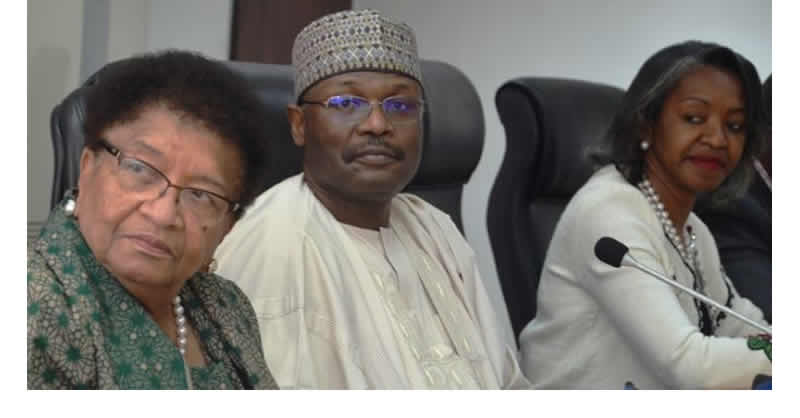Nigerians are involved in what can be called the Inconclusive phase of the Quinqennial war called elections in much of the country’s history. Like all modern wars, this too is as diffuse as they come. In other words, the enemy lines are not too clear. The clearest that is possible so far is how governorship candidates of the People’s Democratic Party, (PDP) appear to be targeted in terms of where the Inconclusive phase of the war is concentrated. The list so far is Adamawa; Bauchi; Benue; Kano; Plateau; Sokoto; Taraba and, of course, Rivers State which is where it all started. There would perhaps be more states by the time this story is completed. The question is whether the wave of ‘inconclusiveness’ can be understood outside a paradigm directing it. But, to achieve what?

Chief of Army Staff, Gen Tukur Buratai
It would remain intriguing till the world hears more. While that is on, it is the framing game that the battle shifts to. Opposition calls it militarization. The Nigerian Army, for example, responds by saying it is all about making it impossible for thugs to seize the high ground. Does the Army have a role in safeguarding elections?
That is a useless question to pose because the answer would always depend on who is talking. According to Army spokesman, Colonel Sagir Musa, its activities during the Presidential and National Assembly polls were all within the ambit of the law and their rules of engagement, But he did not spell out the rules of engagement as to whether they are the typical ones known to the Army or as might have been modified for the army’s intervention in elections. Anyway, the Colonel said international observers had applauded the role of the army during the said election. This is not the line of argument the opposition would toe.
Where all these leads to remains unclear, given the diverse, criss-crossing interests involved and transactional essence of politics in contemporary Nigeria. But some people would say and correctly too that there is something about failing to learn from history in all these.



























